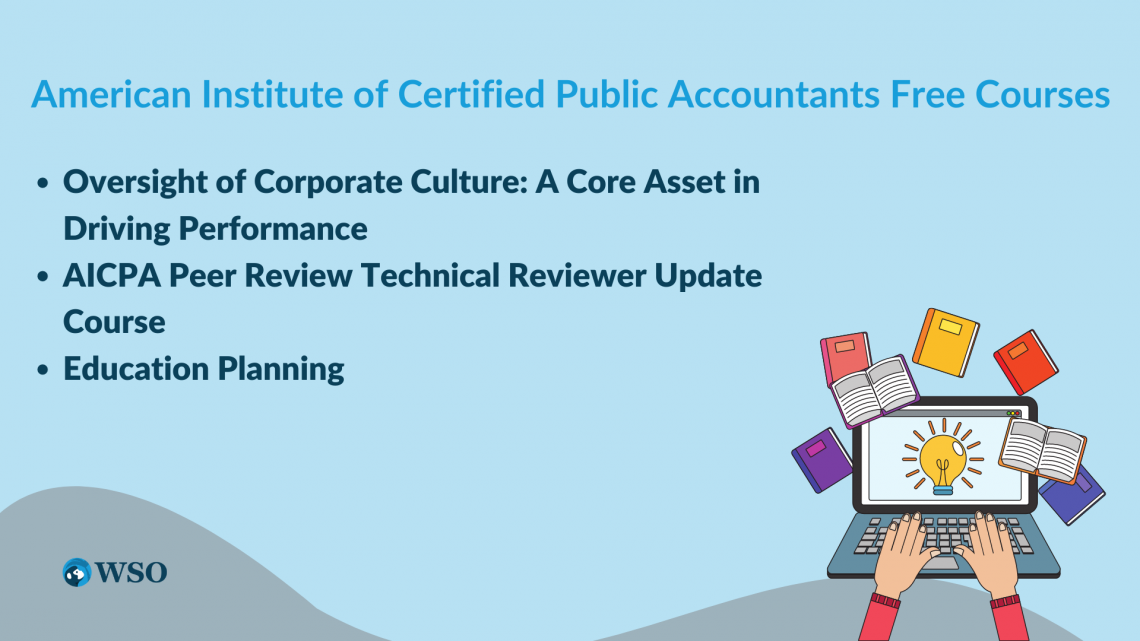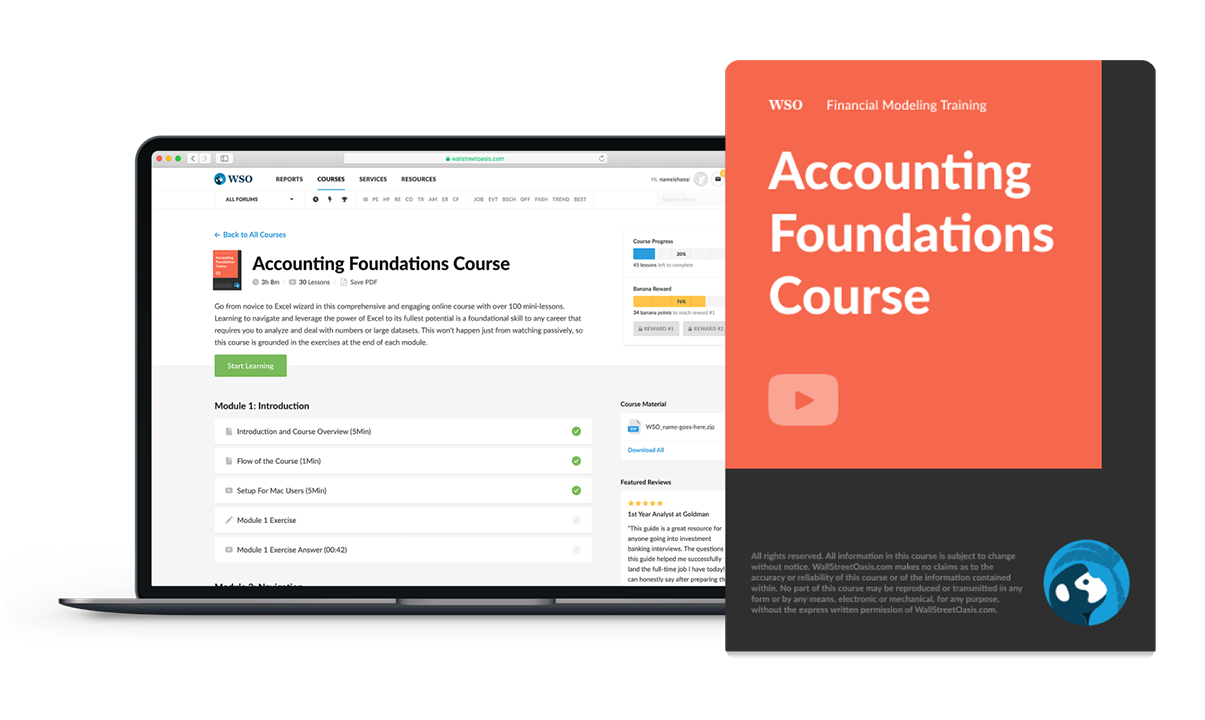
Free CPE
Refers to ongoing educational requirements that help professionals maintain their competency and skill.
Continuing professional education (CPE), as the name suggests, are ongoing educational requirements that help professionals maintain their competency and skill sets to continue providing professional services.

CPE is required for many fields, including but not limited to
- Accounting (Certified Public Accountants)
- Law
- Engineering
- Information technology (IT)
- Healthcare
The requirements for CPE vary by profession and jurisdiction, so professionals must check if they are required to take CPE, and if so, what and how much.
NOTE
Jurisdiction depends on which states, including American territories, you register.
Let's focus on the CPE requirements for Certified Public Accountants (CPAs).
CPAs are professional accountants who have passed a standard national exam and have met additional education and/or experience requirements based on jurisdiction - it's like the bar exam that lawyers have to take but for accounting.
The state's board of accountancy licenses CPAs to provide accounting services, such as auditing, tax preparation, and financial planning.
Although the required number of CPE hours varies, CPAs must take some form of CPE.
General CPE Requirements
CPE requirements vary greatly depending on your jurisdiction - time, content, form, etc.

Let's talk about the general requirements:
1. Number of hours within a time frame
All CPE requires 40 hours a year, but that may look different in each state. Some states simply ask for 40 hours a year, and some ask for 80 hours every two years or 120 hours every three years.
For example, in Arkansas, you can complete your CPE training with 40 hours every year or 120 hours every three years.
2. Numbers of hours in specific technical and non-technical fields of study
Most states ask for a minimum number of hours put in some technical and non-technical fields of study - though the minimum changes are based on state.
Technical fields of study include, but are not limited to: accounting, auditing, business law, information technology, regulatory ethics, specialized knowledge (of an industry), statistics, and taxes.
Non-technical fields of study include, but are not limited to: behavioral ethics, business management and organization, computer software and applications, personal development, human resources, and production.
For example, Alabama asks for at least 8 hours of accounting and auditing, 2 hours of ethics, no more than 12 hours of Behavioral CPE, and no more than 10 hours earned by the Nano Learning delivery method out of the total 40 hours.
NOTE
If you are unclear, you should check the exact CPE requirements in your jurisdiction so you don't miss anything!
Free CPE Courses from the American Institute of Certified Public Accountants
The American Institute of Certified Public Accountants (AICPA) is the national professional organization of CPAs in the United States, with more than 428,000 members in 130 countries.

AICPA offers free webcasts and self-study courses on accounting standards, tax laws, financial reporting, and more.
For example:
1. Oversight of Corporate Culture: A Core Asset in Driving Performance
Online class about behavioral ethics for 2 CPE credits.
2. AICPA Peer Review Technical Reviewer Update Course
Online class about auditing for 2.5 CPE credits.
Online class about specialized knowledge for 3.5 CPE credits. Free for Personal Financial Planning AICPA members, discount for other AICPA members, and no discount ($105) for non-members.
AICPA also offers courses that cost tens to hundreds of dollars for various credits. To look specifically for free AICPA courses, go to AICPA's official website and type "free CPE" in the search bar.
NOTE
All free AICPA courses are online self-study programs.
To access these courses (free or paid), you need to create an account on the AICPA website. Once you have the account, you can browse AICPA's course catalog.
Free CPE Courses from the Big Four
The Big Four are the four largest international professional services firms that provide auditing, consulting, advisory, tax, and legal services.

They are Deloitte, Ernst & Young (EY), KPMG, and PricewaterhouseCoopers (PwC). Let's see each one:
1. Deloitte
Deloitte offers live webcasts called Dbriefs that provide valuable insight into important developments in the business world. Dbriefs feature practical knowledge from Deloitte specialists and count as CPE credits (all webcasts).
To receive credits, you must:
- View at least 50 minutes of the webcast and answer at least 3 polling questions to earn 1 CPE credit.
- View at least 75 minutes of the webcast and answer at least 5 polling questions to earn 1.5 CPE credits.
- View at least 105 minutes of the webcast and answer at least 6 polling questions to earn 2 CPE credits.
If you miss a live webcast that you're dying to see, Deloitte offers on-demand archives to their webinars. All webinars are recorded and archived for 180 days since the first airing.
2. EY
EY offers live webcasts frequently on insights into the finance industry. Not all webcasts are eligible for CPE credit, so be mindful when looking for live webcasts.
NOTE
All of their webcasts are very insightful, so you should still learn from them if you have time!
To receive credits, you must:
- View 50-59 minutes of the webcast and answer 3 polling questions to earn 1 CPE credit.
- View 60-69 minutes of the webcast and answer 3 polling questions to earn 1.2 CPE credits.
- View 70-80 minutes of the webcast and answer 4 polling questions to earn 1.4 CPE credits.
- View 80-89 minutes of the webcast and answer 5 polling questions to earn 1.6 CPE credits.
- View 90-99 minutes of the webcast and answer 6 polling questions to earn 1.8 CPE credits.
CPE credit is offered for live webcasts only (archive and podcast viewing are not eligible), and remember to log into your account before the live webcast!
3. KPMG
KPMG has an open forum, the KPMG Institute Network, where peers can exchange insights, share leading practices, and access the latest thought leadership. As part of the forum, KPMG offers webcasts on tax, advisory, and financial reporting.
NOTE
KPMG also offers CPE-eligible webcast replays.
KPMG often has "interactivity checks" during their webinars. Instead of answering polling questions to qualify for CPE credit, you must respond to pop-up notifications throughout the session that confirms whether you've been logged in for the entirety of the webinar.
4. PwC
PwC doesn't host webinars as often as Deloitte or EY but offers quality content. They're well-known for their quarterly updates and webinars.
PwC's accounting and assurance section provide CPE webinars focused on financial statement audits, accounting, governments, and other issues. Their tax section also offers CPE webinars focused on the role of tax in a global business environment.
To receive 1.5 CPE credits (the most you can receive for a webinar), you need to stay for the entire webinar and respond to all questions asked during the webcast. Then, complete the course evaluation at the end of the program.
NOTE
Since PwC sometimes repeats webinars in a month, webinars with the same content will not count for credit twice.
Free CPE Courses from Mid-Sized Accounting Firms
Many mid-sized accounting firms also offer CPE webinars - sometimes even more than the Big Four!

1. Crowe Global
Crowe is a multinational professional services network of accounting and advisor firms. Crowe offers conferences and webinars for CPE credit.
CPE credits for conferences and webinars vary from 1 to 2 credits per session. This is a great place to look for free CPE credits.
Conferences are in person, while webinars are online (you must attend live webinars to receive CPE credit).
To receive credits, you must:
- View 50-60 minutes of the webcast and answer 3 polling questions to earn 1 CPE credit.
- View 61-90 minutes of the webcast and answer 5 polling questions to earn 1.0-1.5 CPE credits.
- View 91-120 minutes of the webcast and answer 4 polling questions to earn 1.5-2.0 CPE credits.
- Meet the duration requirement and respond to a minimum of 75 percent of the polling questions.
2. BDO USA
BDO USA is the United States regional form of BDO International (the dutch firm Binder Dijker Otte & Co), a global accounting network.
BDO offers webcasts, and most of them count for CPE credit. On BDO's events & webcasts page, you can filter their events only for webcasts eligible for CPE credits.
NOTE
Most webcasts range from 1 to 1.5 credits, but there is a wide range of fields.
3. Grant Thornton
Grant Thornton is a global network of independent accounting and consulting firms providing assurance, tax, and advisory services.
Although they don't offer webcasts as frequently as some of the other firms, it doesn't discount the quality of their webcasts.
To receive credits, you must:
- View 50 minutes out of the 60-minute webcast and answer 75% of the polling questions to earn 1 CPE credit.
- View 75 minutes out of the 90-minute webcast and answer 75% of the polling questions to earn 1.5 CPE credits.
- View 100 minutes out of the 120-minute webcast and answer 75% of the polling questions to earn 2.0 CPE credits.
4. Forvis
Forvis is an accounting firm created as a merger between accounting firms BKD (Baird, Kurtz & Dobson) and DHG (Dixon Hughes Goodman).
Forvis offers webinars on the technical knowledge of accounting to economics and non-technical knowledge on behavioral ethics to personal development. In short, Forvis has got a good range of areas for you to earn CPE credits.
CPE credits earned through webinars can range from 1 credit to over 4 credits, but only 1 CPE credit webinar is free.
NOTE
Forvis also offers webinar replays, but that does not count for CPE credits.
Although only four accounting firms other than the Big Four are listed, many more firms offer webinars that count for CPE credits! Just dig for it.
Conclusion
The best place to look for free CPE credits is accounting firms. The Big 4 constantly offer webinars that count towards CPE credits and small or medium-sized accounting firms. Finding your CPE credits for free online is very much possible if you plan it well.

However, many CPAs procrastinate on fulfilling their CPE credits until the very last minute!
Procrastinating is terrible for anybody, especially CPAs because they risk their accounting license if they don't fulfill the CPE requirements. If left until the last minute, CPAs would have to scramble to find available courses or spend big bucks for classes.
You don't want to be one of them.
In addition, remember to ask your employer if your firm covers the costs of taking CPE courses because some do - it can save you a lot of money!
If not, simply subscribe to firms or institutions that offer CPE courses, so you'll get the notification right when it's out.
When you're doing your free CPE search, remember that not only accounting firms offer free CPE courses. Other finance service companies, consulting companies, law firms, and more may offer free CPE because it's a great way to connect with you!
Great journeys always start with the basics. So if you're thinking of becoming a CPA, check out WSO's Accounting Foundations to take your first step!

Everything You Need To Build Your Accounting Skills
To Help You Thrive in the Most Flexible Job in the World.


or Want to Sign up with your social account?